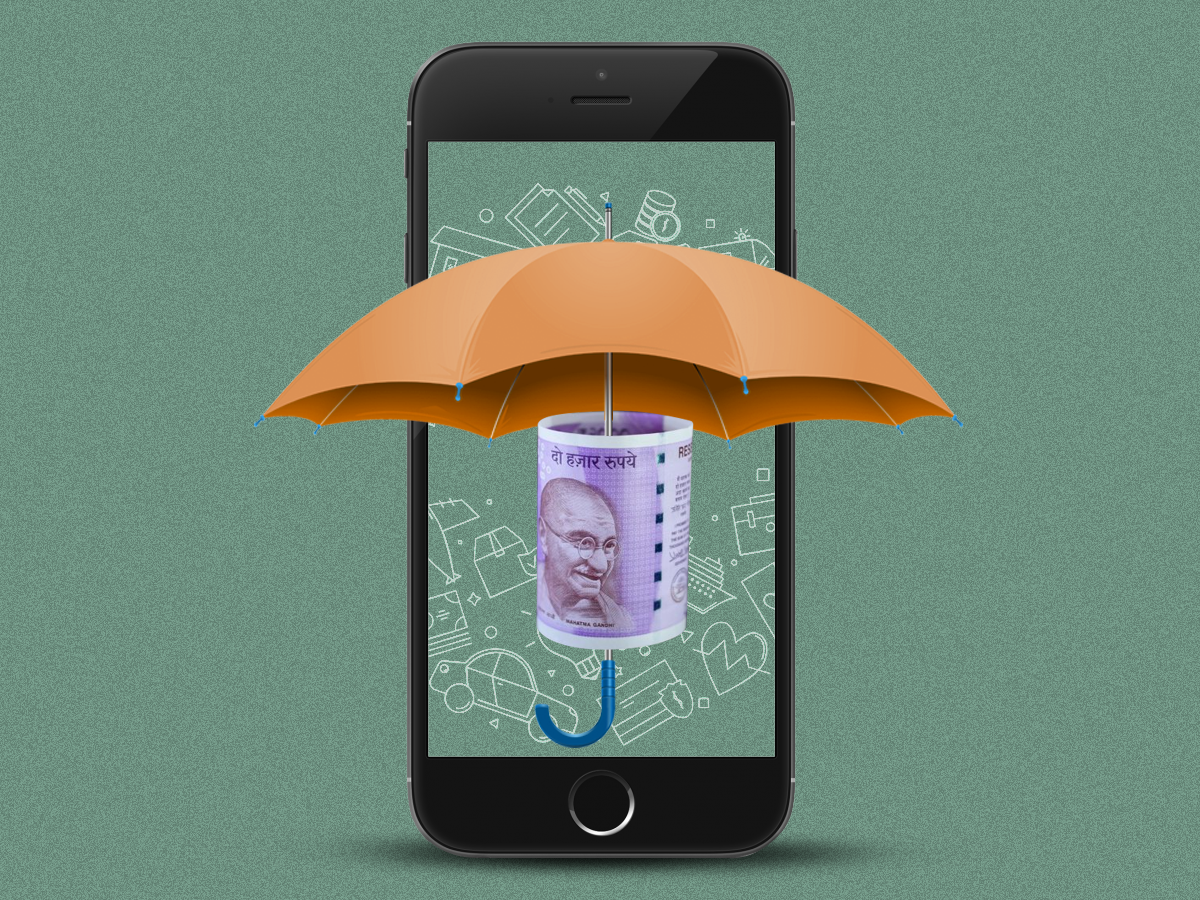
India’s burgeoning internet economy is slowly warming up to the potential of its massively underpenetrated insurance market.
The country’s largest consumer internet platforms – from Flipkart to Paytm – are scaling up insurance businesses with the promise of low cost, low commitment and fully digital services as demand for risk coverage rises amid the Covid-19 pandemic.
Ecommerce giants Flipkart and Amazon, ride hailing startup Ola, fintech players Paytm, PhonePe and Freecharge are selling diversified sets of policies — ranging from health, life, motor, and business risk — for customers and merchants through tie-ups with traditional insurance firms.
Others such as Facebook-owned WhatsApp and Google are also learnt to be conducting pilot projects to gain expertise.
Companies are currently shoring up partnerships, investing in technology and building resources to make a more informed foray into the insure-tech space, according to industry executives.
“E-commerce today enjoys a pan-India reach, reliability and efficiency – factors that are major drivers for any insurance product,” said Smrithi Ravichandran, Business Head – Payments, Consumer & Commercial Lending and Insurtech, Flipkart.
The homegrown e-commerce giant partners with leading insurers on the backend, such as Bajaj Allianz, New India Assurance, Aegon Life and Go Digit to sell life, health, liability, and business covers.
“There is a wider acceptance of consumers opting for these products on e-commerce as it offers them convenience and comfort, considering they rely on these digital platforms for their daily requirements as well,” Ravichandran said.
Amazon, which sells insurance on its platform, has applied for an insurance brokerage licence, which will allow it to become an online aggregator and distributor of products.
The Jeff Bezos-owned company currently partners with Infosys founder NR Narayana Murthy-backed general insurance startup Acko to sell a host of insurance products in the motor and liability segments.
“We have seen a sea-change in how retail customers are approaching buying products and that will reflect in financial products too,” said Ruchi Deepak, co-founder of Acko.
Apart from its tie-up with Amazon, the company also sells micro-insurance, travel, and mobile insurance covers through startups such as Ola, Zomato and MakeMyTrip.
Meanwhile, fintech leaders PhonePe and Paytm are also putting significant resources into developing their insurance businesses.
While both these firms have brokerage licences, Paytm’s recent acquisition of Raheja QBE General has also fast-tracked its bid to own a general insurance licence.
“Insurance is among the most important pillars of PhonePe’s strategy,” said Gunjan Ghai, VP and head of insurance. “The year 2021 for us would be about exponentially scaling our business.”
Ghai added that the company was currently working on bringing “high-quality” insurance partners next year, while also working with existing partners to “build models that help them price for risk accurately.”
The Walmart-backed company offers six insurance products, including a coronavirus cover with ICICI Lombard.
According to data from insurance industry regulator IRDAI, general insurance companies underwrote 33% more premiums between April and August, compared to the same period last year, driven largely by increased demand for health insurance.
Insurance industry experts said the intersection of digital platforms with insurance also mirrors the transformations happening at the traditional insurance companies, which are attempting to bring more and more of their services online in a bid to redefine processes and stay relevant in a post-pandemic world.
Currently, most insurance products are either sold through physical agents or at bank branches through partnerships. These tie-ups could be redefined in future as customers become more adept at making financial purchases, which includes buying insurance online.
“Insure-tech presents a great opportunity for penetration in insurance, which at less than 3% of the GDP, is abysmally low in India,” said K Rajaraman, additional secretary, Department of Economic Affairs at a recent Ficci virtual event. “Insure-tech is waiting to drive penetration and scale.”
The government is also working on several schemes to improve the reach of microinsurance through technology, Rajaraman said.
The National Payments Corp of India has also tied up with an insure-tech company to extend life and health covers to millions of beneficiaries of the RuPay scheme, he added.
Leave a Reply